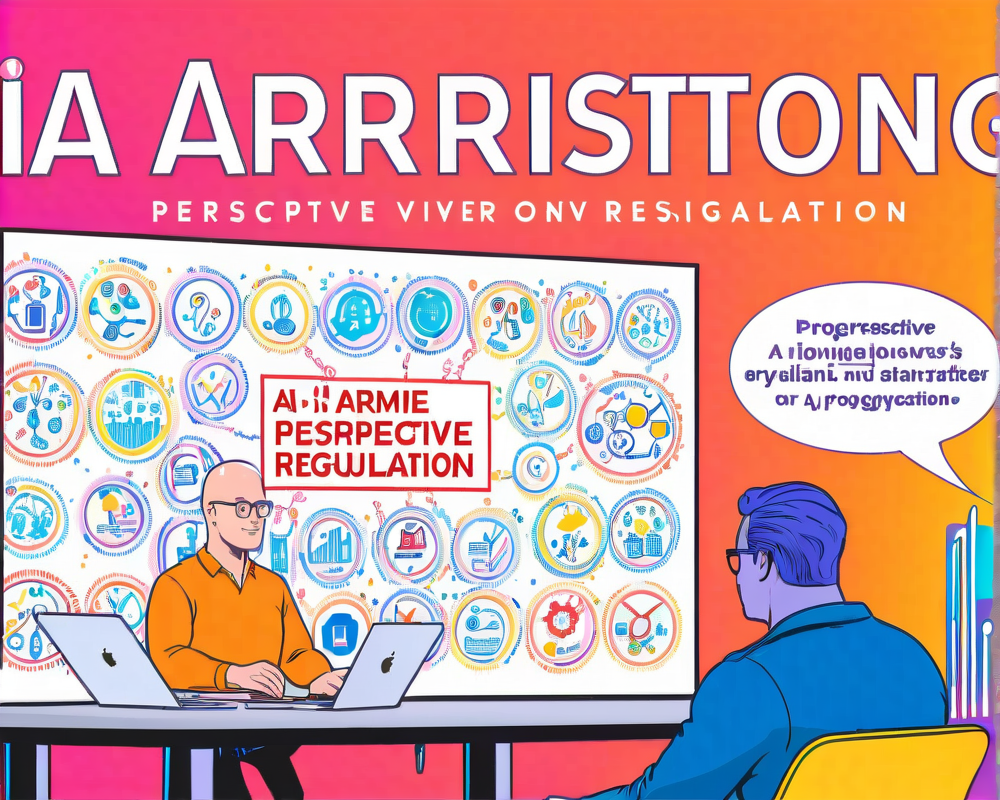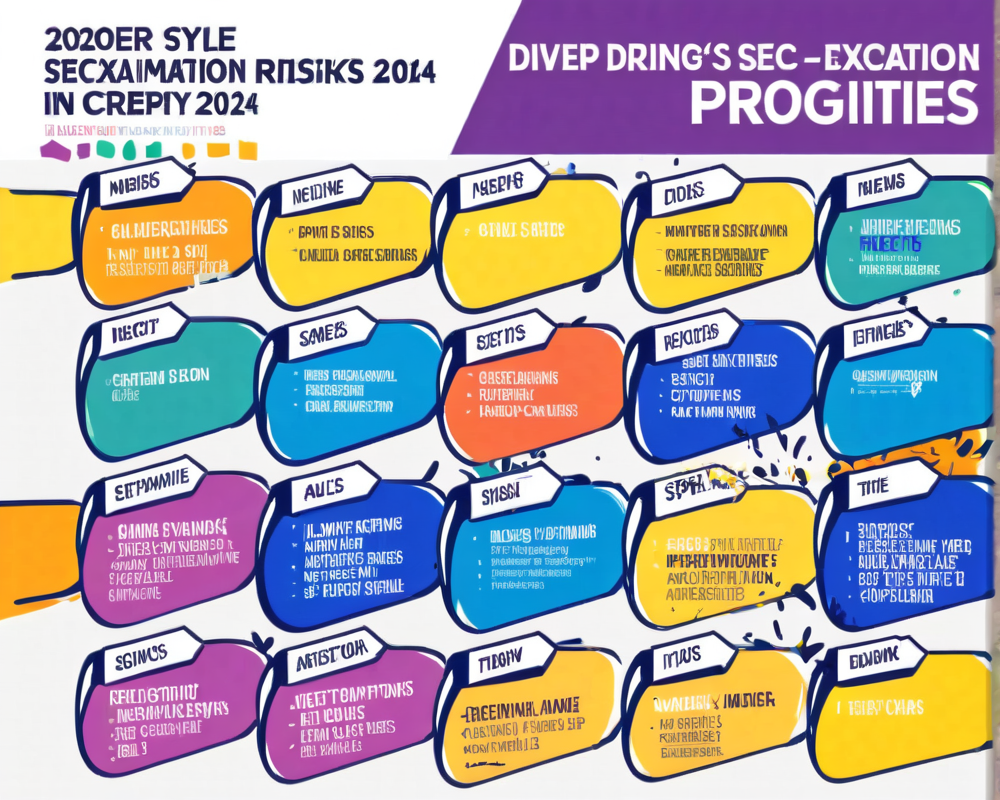Coinbase CEO’s Stand on AI Regulation
In a recent post on the social media platform X, Brian Armstrong, the CEO of Coinbase, aired his thoughts on artificial intelligence regulation. Armstrong is not exactly waving the regulatory flag; instead, he believes that keeping AI innovation unshackled is crucial for our future.
Reasons for Unregulated AI Development
Armstrong argues that the pace of AI development must accelerate, citing national security as a significant factor. Just picture this: the next groundbreaking AI that could secure data flows and global communications might be stalled by a bureaucratic red tape — talk about a plot twist nobody needs! He emphasizes that regulation, while likely well-intentioned, drags down innovation and competition, which is essential for technological advancement.
Learning from History: The Internet Example
In his post, the Coinbase CEO pointed to the internet’s journey as a beacon of innovation. Armstrong reminisced about the ‘golden age of innovation’ during the internet’s unregulated expansion. The idea is simple: unregulated creativity fuels progress, and who wouldn’t want a taste of that? He feels that replicating this unencumbered approach could yield a similar revolution in AI technology.
Decentralization as a Solution
Instead of heavy-handed regulation, Armstrong proposed a radical approach: decentralization and open-source initiatives. Imagine opening up the AI playground for everyone to innovate unchecked — what an exhilarating thought! This strategy would allow for a collective unveiling of innovation, wherein the proverbial cat is let out of the bag with minimal restriction.
The Global Scene: AI Regulation on the Rise
Despite Armstrong’s antiregulation stance, it’s important to acknowledge that the world is embarking on a different path. Nations are amplifying their defenses against the unpredictable nature of AI. For instance, China introduced its first set of regulations in August 2023 in an effort to manage AI activities better. Meanwhile, in the United Kingdom, the competition watchdog is assessing AI’s potential to impact consumers and competition, hinting that it may be a bit more than just a casual glance at the technology.
Conclusion: The Duality of Innovation and Control
In the ever-evolving landscape of AI, the debate continues. Should we allow untrammeled innovation or step up the regulatory game? Armstrong’s perspective certainly sheds light on the unintended consequences of regulation, urging us to reflect on the balance between innovation and control.




